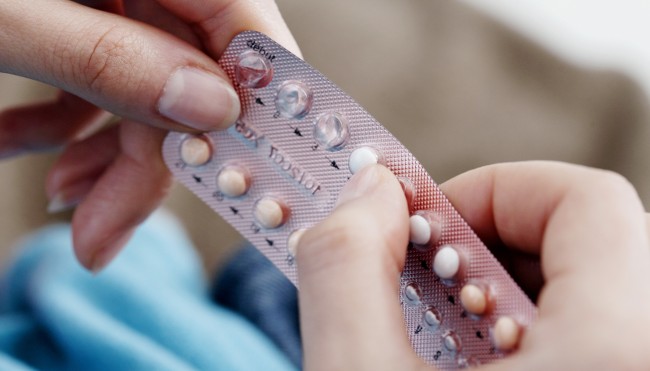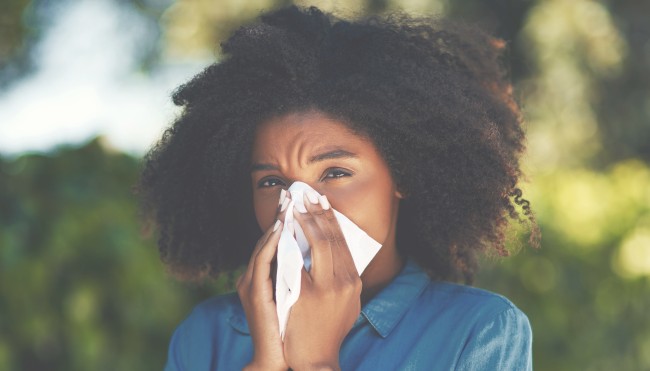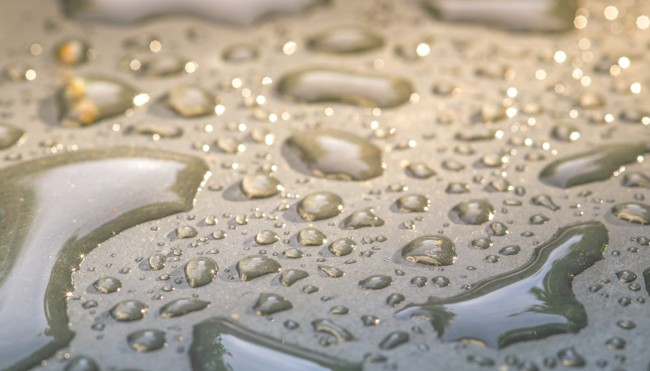How much sleep do we need?
Sleep. Without enough of it, the daily grind becomes a struggle. We feel tired. We can’t concentrate. We become irritable and overly sensitive. Sleep is a keystone to good health but sometimes it evades us, or worse, sometimes we just don’t make it a priority.
Why is sleep so important?
If we want to function at 100%, we need to get a good night’s sleep. It’s as simple as that. Though you might think your body is inactive when you sleep, it’s actually busy at work repairing and creating muscle, consolidating memories and releasing hormones which regulate growth and appetite.
On top of that, not getting enough shut-eye can actually negatively affects your health in the long-term too, putting you at higher risk of obesity, diabetes, cardiovascular disease, and hypertension. Sleep loss can also negatively affect your mental health and mood causing you to feel more depressed or anxious.
How much sleep do you really need?
It’s impossible to give an exact figure since everybody is different. According to the National Sleep Foundation how much sleep you need varies from person to person depending on age group, individual needs, and accumulated sleep debt. But, as a general rule, adults need between 7 and 9 hours of shut-eye to really rest and reset.
Creating Good Habits
Having trouble getting enough sleep? Try a few of these tips to improve your sleep quality.
Establish a routine
Try and go to bed at the same time every night and wake up at the same time every morning. If you can, stick to the routine on weekends too. This will help prevent you from accumulating sleep debt.
Switch off
Limit screen time before bed. That means turning off the TV, computer and cell phone. Bright artificial light from technology may trick your brain into thinking it’s time to be awake. If you struggle to switch off, try an app like f.lux or Screen Dimmer which automatically dim your computer or phone screen to match the time of day.
Exercise daily
Take time daily to get outdoors and let off some steam.
Avoid alcohol
While a drink before bed might help you fall asleep initially, studies actually show that alcohol affects the overall quality of sleep.
Unwind
Meditate, take a hot shower or do something to relax before you hit the hay.





